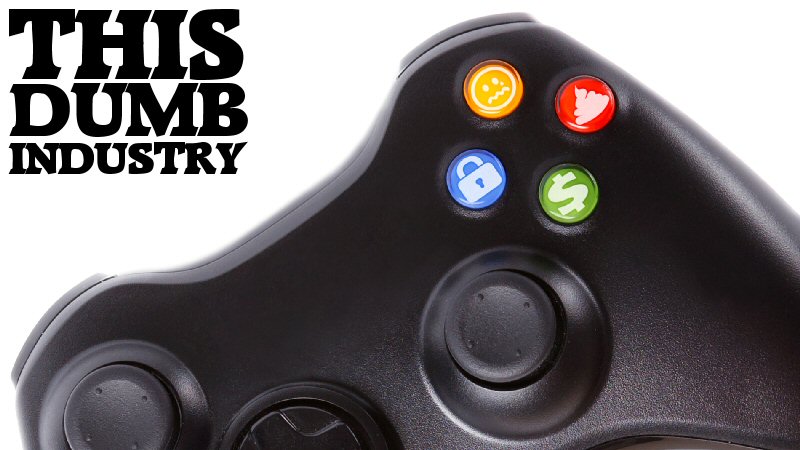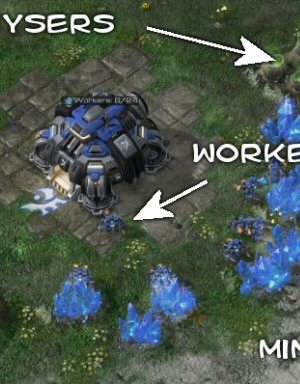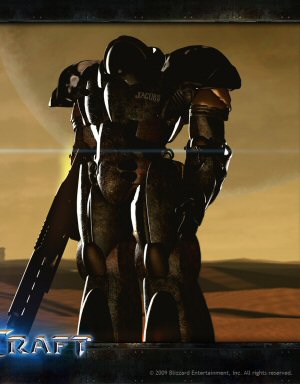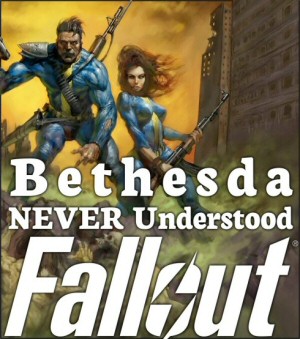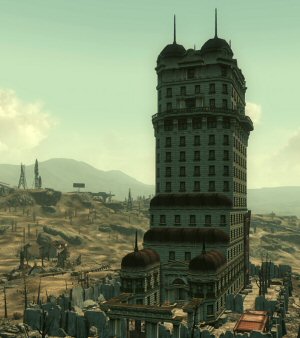My column this week shares my personal recollections of the gaming crash of 1983, and then uses that as a jumping-off point for talking about how modern games are sacrificing quality for monetisation, and how maybe that’s a really terrible long-term strategy.
In the column I mention this theory I’ve been nursing that sales of a given franchise suffer from a delay-by-one effect, where a terrible entry might not hurt sales until the next one comes out. The idea is that there are a lot of people who buy games without checking the critical reception, so if they’re in the habit of buying a Shoot Guy title every time one hits the shelves, they’ll still buy Shoot Guy V: Lootbox Boogaloo even though it’s getting panned by critics. They’ll have a lousy time and find something else to play. Then when Shoot Guy VI: Nostalgia Overload comes out, they’ll skip it despite good critical reception. From the publisher’s perspective, the lootbox-based game did well and the back-to-basics sequel did poorly. If this is the case, I am very worried the publisher might learn the wrong lesson.
I’m really curious if this happened to the Hitman games. Did the embarrassment that is Hitman: Absolution sell well despite the fact that it was barely a Hitman game? Did the sales of Hitman 2016 suffer despite the fact that it’s one of the best entries in the series? If sales did suffer, was the game being punished for the sins of Absolution, or for the obnoxious decisions to tie your single-player progress to an always-online server?
I have no idea how I could go about investigating this. The numbers are foggy for several reasons:
Continue reading ⟩⟩ “Experienced Points: Quality Still Matters”
 T w e n t y S i d e d
T w e n t y S i d e d

